RAIL
India Rolls Out Most Powerful Hydrogen Train in
Trials
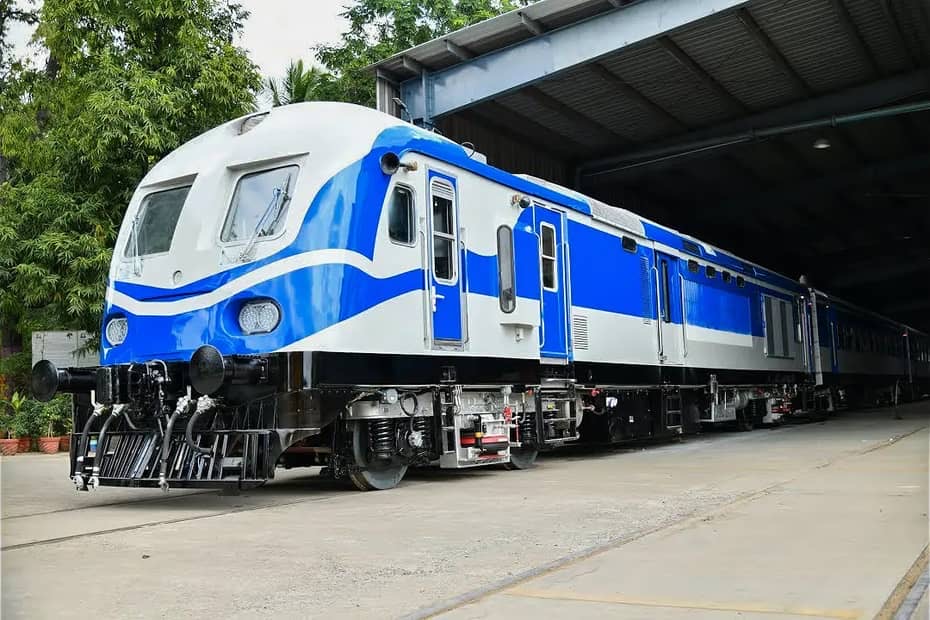
India has commenced trial runs of its first hydrogen-powered train on the Jind-Sonipat route, boasting a world-leading 1,200 horsepower engine and supporting its green transportation drive.
Full commercial deployment could be delayed to mid-2025 due to technical adjustments, impacting plans to launch the train on the Kalka-Shimla heritage route.
India’s bid to lead the world in sustainable rail transportation took a bold step forward as its first hydrogen-powered train began trial operations on the 89-kilometer Jind-Sonipat line in Haryana. But despite early progress, technical snags could push full-scale deployment back several months, particularly on high-profile routes like Kalka-Shimla.
A senior official at Indian Railways confirmed that while initial trial runs have been “largely successful,” fine-tuning is required, particularly in maximizing the hydrogen fuel cell’s capacity to ensure optimal load-bearing. An additional 2–3 months of technical work and testing is expected, threatening the December 2024 timeline originally set for the train’s debut on the historic Kalka-Shimla route. Mid-2025 is now the more realistic target.
Manufactured by the Integral Coach Factory (ICF) in Chennai, this hydrogen-powered train sets a new global benchmark. Unlike European hydrogen trains capped at around 500–600 horsepower, India’s version hits a record-shattering 1,200 horsepower, making it the most powerful hydrogen train in the world. The train comprises one passenger coach and two coaches for hydrogen storage, operating at speeds of up to 110 km/h and carrying up to 2,638 passengers.
This leap in engine power and capacity is part of India’s wider “Hydrogen for Heritage” program, which aims to green its rail infrastructure while preserving cultural tourism. The Ministry of Railways has committed Rs 2,800 crore ($336 million) to hydrogen fuel cell-based train development, with 35 trains planned. An additional Rs 600 crore [~$72 million] is earmarked for hydrogen infrastructure along these scenic and often environmentally sensitive routes.
The government intends to deploy these trains across hilly and heritage corridors, not only slashing emissions but also reducing diesel dependency in difficult terrain. The first 8-coach hydrogen train, expected to be the longest hydrogen-powered passenger unit globally, is under development with commercial speeds locked at 110 km/h.
Beyond clean transport rhetoric, India is betting big on hydrogen to hit its net-zero emissions goal by 2030. The hydrogen train initiative underscores the government’s commitment to integrating decarbonization directly into public infrastructure—especially where electrification may be too costly or impractical.
Once commercial service begins, these trains are expected to significantly cut greenhouse gas emissions, supporting India’s pledge to decarbonize its economy while upgrading its rail systems.
MIKE OCHONMA
Editor
-

 AVIATION5 years ago
AVIATION5 years agoPhoto News: Air Peace commence flight operations to South Africa
-
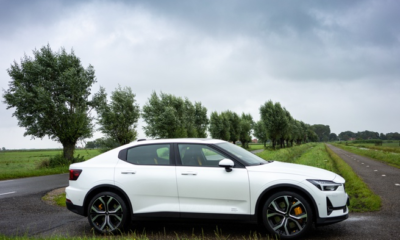
 Car News5 years ago
Car News5 years agoPolestar is recalls over 2000 electric cars due to software bug
-
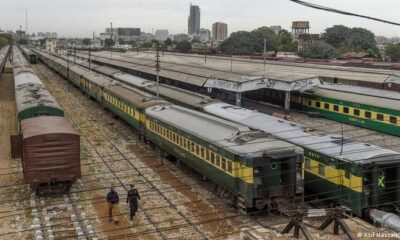
 RAIL5 years ago
RAIL5 years ago36 Killed in Pakistan Train Accident
-
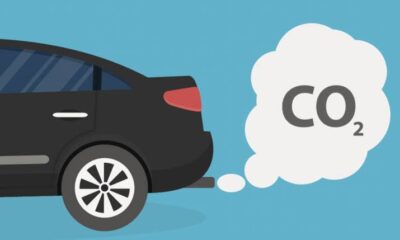
 Technology5 years ago
Technology5 years agoCommon mistakes in CO₂ emissions calculations
-
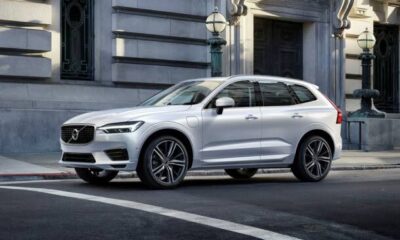
 Business5 years ago
Business5 years ago2016 Volvo XC60 review and specifications
-

 Reviews5 years ago
Reviews5 years ago2021 Audi A6 Specifications and Review
-
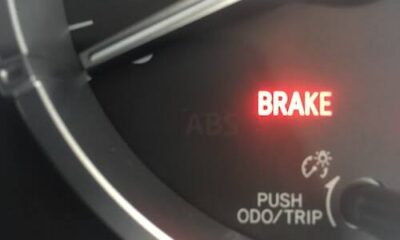
 SAFETY / CAR CARE5 years ago
SAFETY / CAR CARE5 years agoHandbrake warning light; what it means and what to do
-
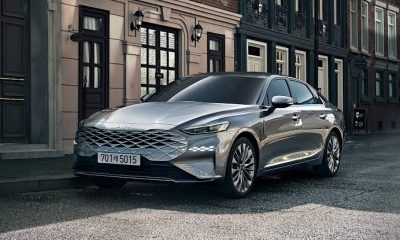
 Reviews3 years ago
Reviews3 years agoDebutant Kia’s new K8 sedan benchmarks luxury, safety
